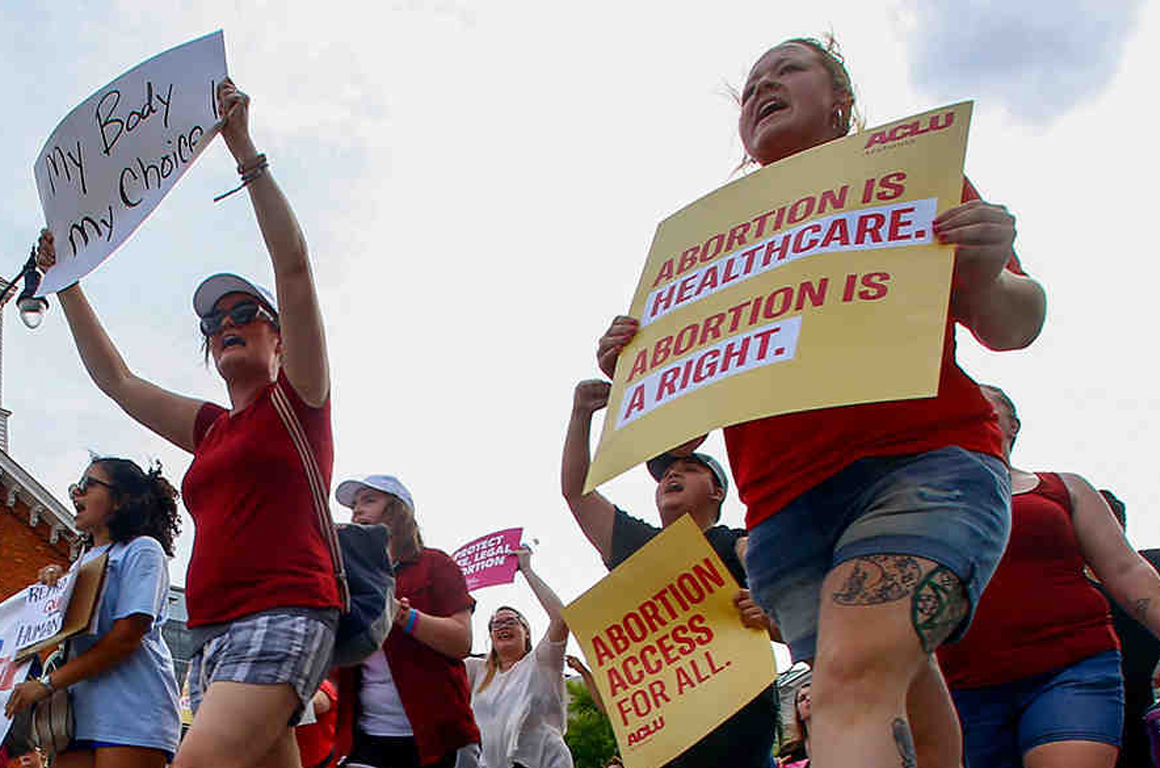A bill that would criminalize a method of safe, legal abortion care is moving through the Nebraska Legislature.
LB 814 bans a method of abortion called Dilation & Evacuation (D&E), typically used in the second trimester of pregnancy. Under the bill, physicians who provide that care could be charged with a felony and face up to two years imprisonment.
The ACLU of Nebraska is proud to be among advocacy and health organizations that stand in strong opposition to the proposal.
Scout Richters, legal & policy counsel, said LB 814 is part of a national, coordinated effort to push safe, legal abortion care options out of reach.
“The decision on whether and when to end a pregnancy is deeply personal, and that choice belongs to the person who is pregnant – not politicians. Medical decisions should always center the health of patients, their wishes, and what their doctors recommend. That’s why this bill is so dangerous. It makes it a crime for physicians to use their best medical judgment and could hurt patients by forcing them to receive care their doctor would not recommend.”
The American Congress of Obstetricians and Gynecologists, an organization representing more than 58,000 medical practitioners, endorses the D&E procedure as a safe, well-established method of care and opposes bans like this one.
In the past 10 years, states have quietly passed more than 450 medically unnecessary restrictions on access to abortion as part of a relentless national strategy to add barriers to abortion care.
The Guttmacher Institute ranks Nebraska as hostile toward abortion rights. The state has enacted 36 abortion restrictions since the 1970s, with nearly all of them going into effect.
Nebraska is not the only state that has tried to ban D&E abortion care. Courts have blocked similar bans in Alabama, Arkansas, Kansas and Oklahoma – among others.
The law is clear. The United States Supreme Court has repeatedly affirmed a constitutional right to safe, legal abortion care, most recently in 2016’s ruling on Whole Women’s Health v. Hellerstedt, which reaffirmed that states cannot place restrictions on abortion care that impose an undue burden on patients.
The ACLU and partner organizations are working hard to educate Nebraska state senators about why this legislation is misguided. Nebraskans should be free to make the decisions that are best for their lives and trust that their doctors are recommending the care they need. A majority of Nebraskans agree on that point and it's also the right thing to do.
Date
Thursday, February 20, 2020 - 9:15amFeatured image

Protesters march holding signs in support of reproductive rights.